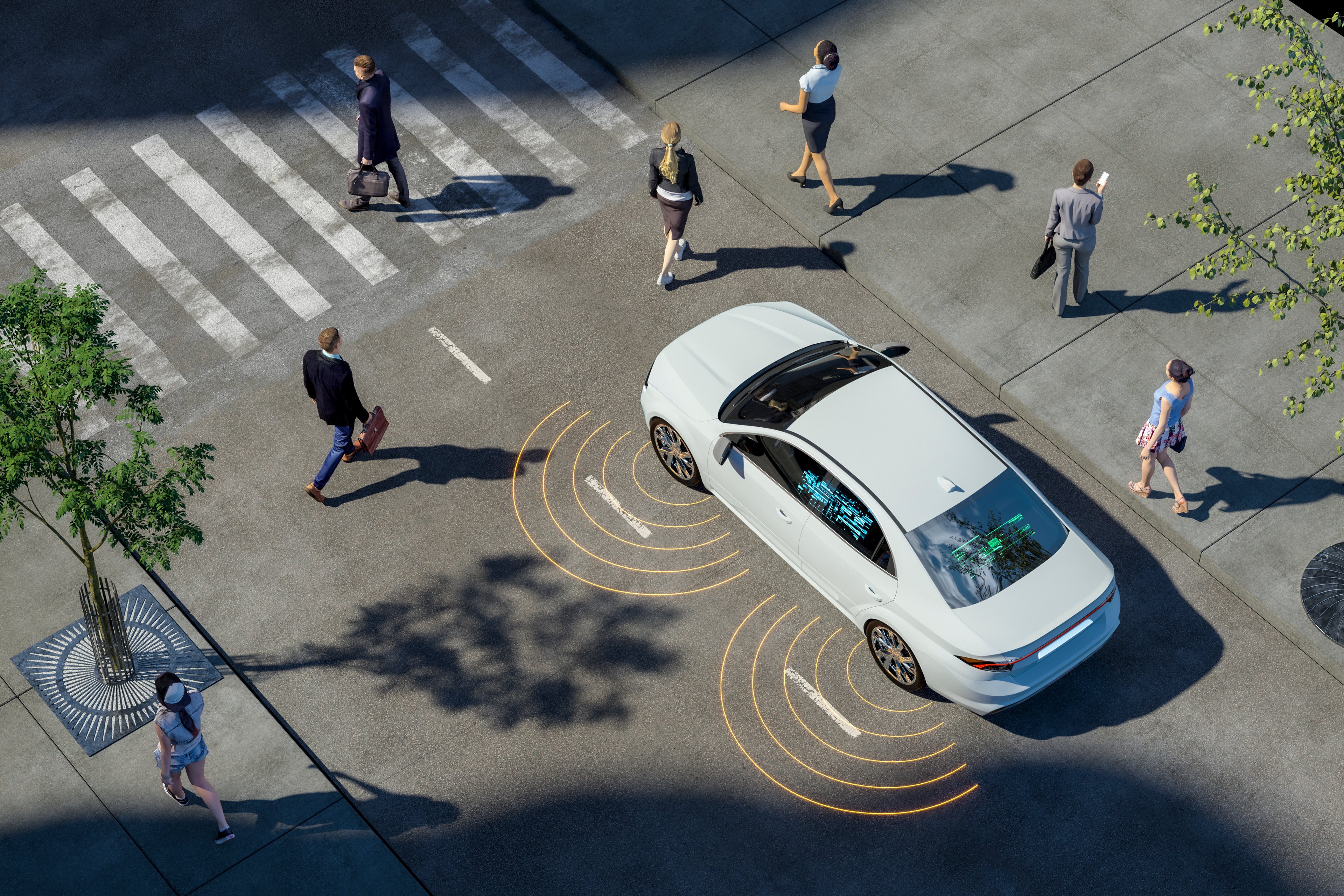Billionaire investor Bill Ackman made a splash in the first quarter when he took a new position in ride-share company Uber Technologies (UBER 0.30%), making it his largest holding in the process. The position is now worth about $2.2 billion and represents about 18.5% of his portfolio.
A value investor who runs a concentrated portfolio, Ackman generally takes a long-term approach. He has explored replicating the Warren Buffett-Berkshire Hathaway model through an acquisition of real estate company Howard Hughes, although his overtures have thus far been rejected.

NYSE: UBER
Key Data Points
A great business, but an uncertain future
Ackman has called Uber "one of the best-managed and highest quality businesses in the world," and the company has done a great job becoming a profitable and strong free cash flow-generating machine. This is something that many thought was unlikely several years ago.
Both the company's mobility (ride-share) and delivery (home to UberEats) segments are seeing solid growth. Last quarter, the number of trips it provided climbed 18%, while its revenue increased 14% to $11.5 billion. Mobility revenue was up 15% to $6.5 billion, while segment EBITDA rose 19% to $1.8 billion. Delivery revenue grew 18% to $3.8 billion and segment EBITDA increased 45% to $763 million.
The company is still expanding into new markets, particularly ones with less population density, and plans to launch in hundreds of new cities this year. It also benefited from insurance-cost increases moderating this year, and it implemented safety technology innovations and lobbied for policy initiatives to help reduce insurance costs. In addition, its delivery business is growing in the grocery and retail segments, despite intense competition.
While Uber enjoyed strong operational performance, the stock is not without some questions. With the rise of robotaxis, investors have wondered where the company ultimately fits in over the long term. Since companies like Tesla and Alphabet's Waymo own the autonomous driving technology, there is the potential to cut Uber out of the market. Tesla is making plans to use its vehicles as part of a ride-sharing fleet that would include company vehicles as well as the option for Tesla owners to rent out their cars. Waymo has already created its own ride-share app, and Alphabet could one day integrate the platform into its popular Google Maps and Android smartphone operating system.
However, Uber has carloads of data around operating a ride-share network with variable supply and demand, pricing, and routes, as well as a large customer base, giving it an advantage.
Currently, Uber and Waymo have a partnership in which Uber customers can be matched with Waymo vehicles in a few cities. In Austin and Atlanta, Waymo will operate its fleet of robotaxis, while Uber is responsible for all the customer-facing parts of the transactions, including payments and customer support, as well as fleet management, including cleaning, charging, and repairs. Alphabet will handle any roadside assistance.
Thus far, Uber has said it's very encouraged with what it is seeing with Waymo in Austin. It said the average Waymo vehicle in Austin is busier than 99% of its Austin drivers based on the number of trips per day.

Image source: Getty Images.
Should investors follow Ackman and buy Uber stock?
One important thing to note is that all of Ackman's Uber buys came in early January. With the stock up around 45% year to date, as of this writing, the stock has been on a nice run since he took his position. As such, investors interested in the stock today are not getting in at the same price and valuation as Ackman.
The stock currently trades at a forward price-to-earnings ratio of 24.5 times based on analysts' estimates for 2025. That's not a bargain bin price, but given Uber's growth, it's also not expensive.
The question remains, though -- where will Uber be in 10 years? Robotaxis are not the future, they are here. Waymo recently said that it is providing more than 250,000 paid robotaxi rides a week. Its business is ramping up incredibly quickly, and users are embracing the technology.
While Uber currently has a relationship with Waymo, the economics of the deal are not public, and whether this is how future deals will be structured is also unknown.
I think the company can still play an important role in the ride-share and delivery markets, but with so many uncertainties, it is not a stock I'm rushing to buy at current levels.





